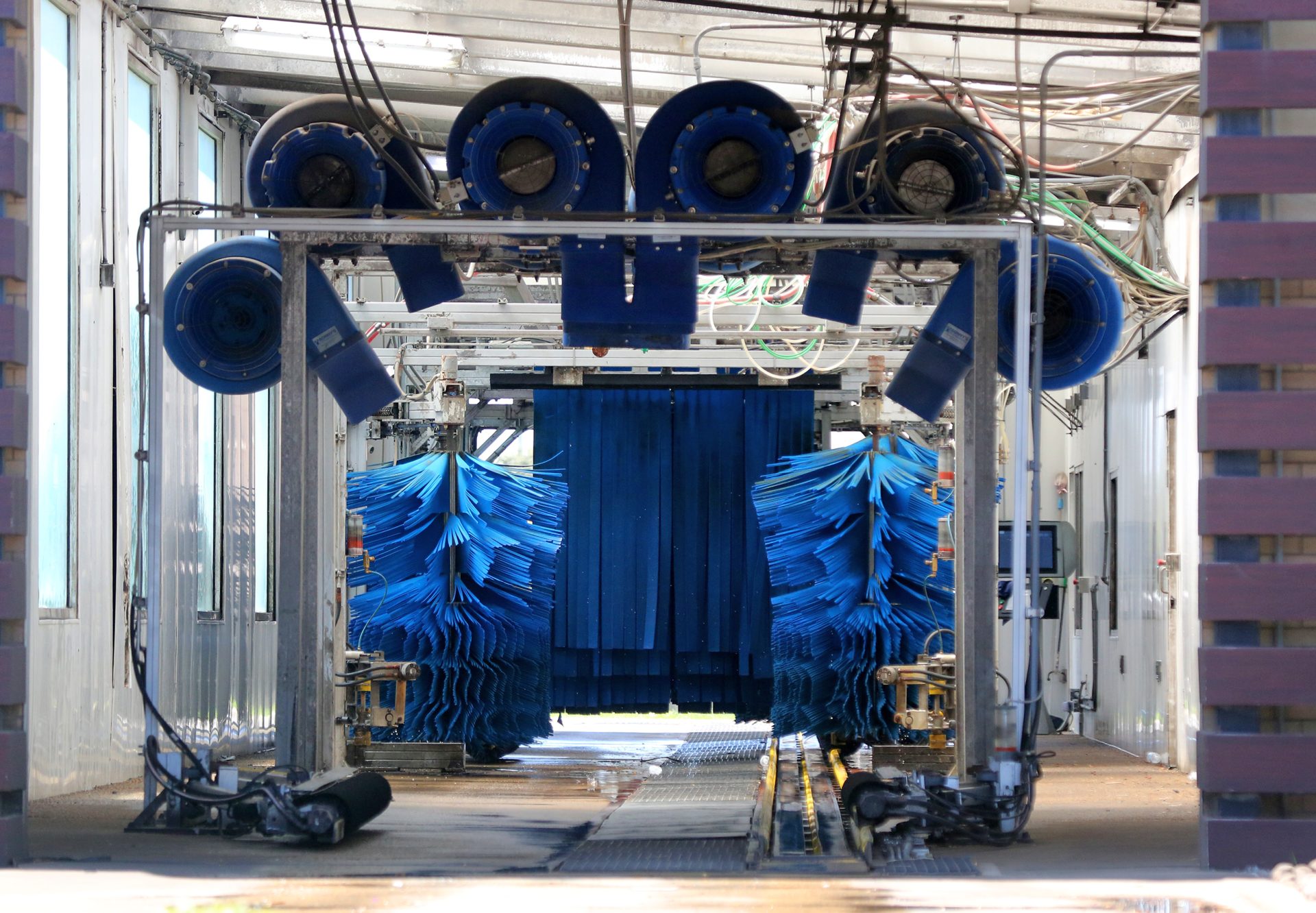|
Only have a minute? Listen instead
Getting your Trinity Audio player ready...
|
HARLINGEN — It’s business as usual for the city’s booming car wash industry.
Earlier this week, city commissioners rallied against a proposal requiring new car washes to get special use permits to operate amid concerns they’re wasting water during a shortage while posing traffic hazards.
In a meeting, commissioners voted 4-1 against requiring special use permits, with Commissioner Rene Perez, who earlier had proposed restricting the businesses from opening along main streets, casting the lone dissenting vote.
As part of the proposal, a special use permit would require new car washes use water re-circulation systems aimed at conserving water, use catch basins preventing overflow onto streets, offer on-site parking to curb traffic hazards while calling on the city engineer to conduct a traffic impact study.
Last month, commissioners voted 4-1 against Perez’s proposal to restrict new car washes eating into prime commercial lots from opening along the city’s main streets.
In response, Mayor Norma Sepulveda proposed requiring new car washes get special use permits aimed at conserving water while addressing traffic hazards.
“There’s nothing on here that I think is so limiting that it’s going to be preventing an operation like those big businesses coming into the city of Harlingen,” she told commissioners during Wednesday’s meeting.
Amid a national boom, the city’s number of car washes is climbing to about 22 businesses.
Across the Rio Grande Valley, cities are responding to residents’ concerns stemming from the booming car wash business, Sepulveda said, noting Brownsville city commissioners are restricting car washes from opening within five miles of each other.
“We have to be looking at beautifying Harlingen, making sure we have green spaces, that we’re talking about conservation, landscaping and making sure that the businesses coming in are businesses that are going to contribute to our long-term goal, which is (for) the next generations to come to be proud of the community that they reside in,” she told commissioners. “We get the calls from our community. This here is worrying about our environment, talking about water conservation, beautifying Harlingen.”
Earlier this month, the city’s Planning and Zoning Commission unanimously approved the proposal requiring new car washes get special use permits, Sepulveda noted.
“They had a very good discussion on how this would give them the tools to make sure that our vision (is) to beautify Harlingen and to provide those site plans and landscaping and just being good community partners,” she said, referring to the Planning and Zoning Commission.
Meanwhile, Perez called the proposal “a great compromise” after commissioners last month rejected his plan to restrict new car washes from opening along the city’s main streets.
“This in no way restricts new car washes from coming in,” he told commissioners. “All they’re asking (is) that they meet certain requirements. All it’s saying is, ‘Look, we have these requirements. We want to make sure that you’re conserving water, we want to make sure that you’re not making too much noise for the neighbors and we’re also making sure that what you’re doing is benefiting the community.’”
“This is providing the city some type of oversight and it’s also … showing (residents) that we’re listening to them,” he said. “This is something that is bothering a lot of people in our community and I think this is the most minimum way that we can address this while at the same time giving these businesses as much freedom as they want to come in but at the same time addressing these issues that are important to the community.”
Amid discussion, Commissioner Ford Kinsley questioned the plan requiring car washes get special use permits while high-volume water users like restaurants and laundromats go unrestricted.
“If we’re concerned about water conservation, which we should be, are we going to — the next time we have another high-volume user coming into town and want to open a business — require a special use permit for them because they’re using a lot of water and need to re-circulate,” he told commissioners, adding, “I use laundromats and large restaurants as my two main points.”
Commissioners rallied against the proposal, with Commissioner Frank Morales suggesting the car wash boom would “plateau.”
“These new car washes, they’re already conserving water so I don’t see the need to go through all of this and put them under our thumbs,” he told commissioners.
“I don’t care for these regulations,” he said, adding some restaurant customers are parking their cars along streets. “If we do it for one, we’ll do it for another.”
Amid discussion, Commissioner Michael Mezmar called for “economic freedom.”
“Let the market dictate, not government dictate,” he told commissioners. “Let the market dictate who can come into the market to establish a business such as a car wash. Yeah, ‘We want to make Harlingen friendly for business, but not you car washes.’ Let the bells of economic freedom ring. They will self-regulate their own industry.”
In response to commissioners’ debate, Sepulveda suggested businesses using high-volumes of water take conservation measures.
“Moving forward, we do have to think about conservation,” she told commissioners. “I mean, it’s a real thing. It’s an issue — and all businesses that are high-volume users. We need to be developer-friendly but finding a good balance to be able to implement re-circulating, recycling of that water.”




